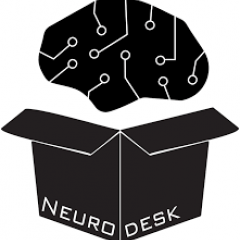Join us to build a society that is more connected, healthy and secure.
With a focus on people, data and code, UQ's School of Electrical Engineering and Computer Science is at the leading-edge of computer science, IT and electrical engineering.
We take pride in our reputation for teaching excellence and expert research. Our students, graduates, teachers and researchers are revolutionising technology to solve the world's greatest challenges.
Our disciplines
Interdisciplinary research initiatives led by EECS
1st in Queensland for computer science and information systems
(QS World University Rankings 2020)
Latest news
-
-
2023 EECS Innovation Showcase
14 November 2023
Student enquiries
Current domestic and international students
Email: studentenquiries@eecs.uq.edu.au
Future student enquiries
Enquire online
Phone: +617 3067 8608
Higher Degree by Research student enquiries
Email: hdr.eecs@enquire.uq.edu.au
General enquiries
Email: enquiries@eecs.uq.edu.au
Phone: +61 7 3365 2097
Student resources
Keep in touch
Staff resources
School academic office
Level 4
General Purpose South (78)
The University of Queensland
Queensland 4072 Australia
(Map)
8.30am–4.30pm, Mon–Fri



